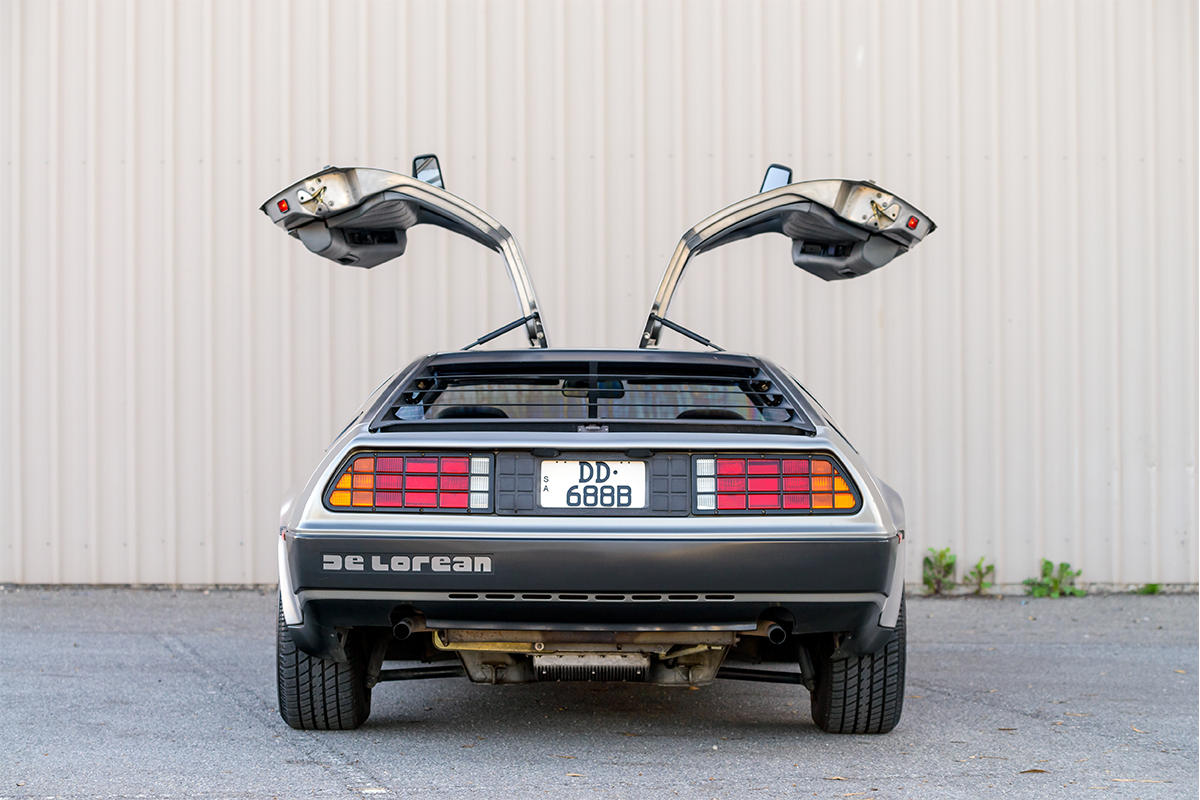Back to the Future

If, like me, you drive a diesel car then it's likely that you will be feeling like a pariah, after additional congestion charges, top up parking fees, next must surely come the curfews and finally stocks with rotten tomatoes. And yet just a few short years ago it was all so different, even company car tax breaks encouraged motorists to adopt diesel.
But the facts speak for themselves; 38,000 premature deaths worldwide from congestion due to the dangerous micro particles, most of this thought to come from lorries and heavy vehicles, but cars likely to contribute too.
The mayors of Paris, Madrid, Athens and Mexico City announced plans in December to take diesel cars and vans off their roads by 2025, and it’s assumed London won’t be far behind. Edinburgh has a consultation to levy a diesel surcharge onto parking permits too.
Interestingly an article from Hugo Rifkind in The Times this week entitled, "Soon we'll all be laughing at the idea of owning a car" challenges us to think about the future we want rather than tinkering around with cumulative, punitive policies which he views as taxes on the poorest.
The real issue is the need for clean, public transport which enhances all of our lives rather than a move to individual, electric cars which he thinks could be the 'Betamax of motoring'. Think of car-free streets, clean air, silent monorail-type trains transporting us everywhere, breathing new life into city centres and solving many of society’s problems. Is this the direction of travel?
Predicting an ideal future is, of course, not without problems, but according to Ed Fries, co-creator of the Xbox, "predicting the future is easy, predicting when is hard". Ed looked at old 100-year-old Victorian postcards which predicted life in a hundred years ahead.
There was a fixation for flying with a prediction that we would all have our own individual flying machines and air taxis. Interestingly the graphics for all the predictions showed people dressed in the same Victorian clothes and surroundings, a common issue with predictions where we assume lots of things stay the same.
When we contemplate our own world of customer experience in our enterprise, what is the future we imagine?
It's a question I often ask of boards, “If you were starting from scratch as a new start up, how would you structure your customer strategy and critically delivery?" Mostly the conversation is weighed down by a legacy of yesterday and today, acting as a barrier to the art of the possible for tomorrow.
And yet if we think in the same way as solving congestion on the roads, we need to really set our minds to solving problems, which let's face it can cause untold misery to millions who are at the mercy of clumsy processes and systems in insurance, retail banking, public sector - no sector is without its issues. And double that misery for those who are not as able as our 'typical customer' or who are in dire financial straits.
Congestion here is hanging around for a morning for the wifi engineer not to show up, numerous calls to busy centres and repetition of accounts and passwords. It’s being locked out of things we didn't even know we had a password for. It's the huge amounts of wasteful 'where's my parcel' calls still being made when technology could have, and should have rendered this enquiry to the past. It's the lack of understanding that not everyone has working wifi to be digital by default, resulting in endless queues to voice call centres causing frustration and cost to boot. Critically it's the lack of recognition that everyone in an organisation is actually only there for the purpose of helping the customer or citizen... period.
Fortunately, our vision for the future of customer service is not 100 years ahead, we have an urgent need to consider the next two to five, centring on 20:20. The rapid pace of change in demographics and technological possibilities calls for a commensurate assessment of how ‘fit for purpose’ our customer service is today and for the next few years. There is a vast amount of learning to help us think customer first, reduce congestion, think like a start-up; consider how AI and perhaps a chat bot can really take the load off a talented colleague and help them serve a purpose with empathy and experience rather than battling to find elusive answers on outdated systems. But stepping off the treadmill in an ‘always on’ world is hard for those who are running complex, multi-channel operations and so time out to think is vital.
I prefer to think of the future as an opportunity with some colouring in boundaries but lots of free sketching possibilities, and a healthy dose of adopting what works for others.
Our guiding principle for the CCA network is, 'The best way to predict the future is to create it'. If this is your view too then don't miss out on the perfect opportunity at CCA Convention on 15 & 16 November - see you there!